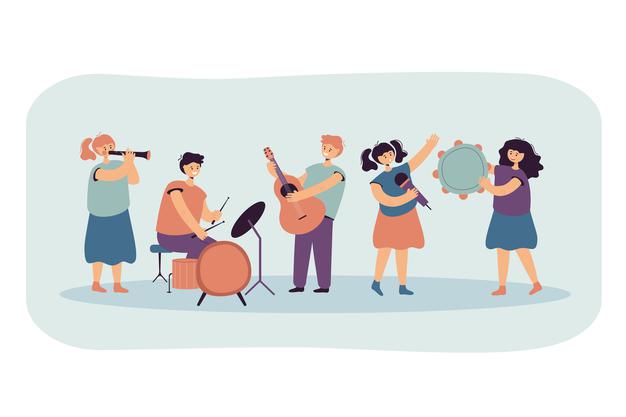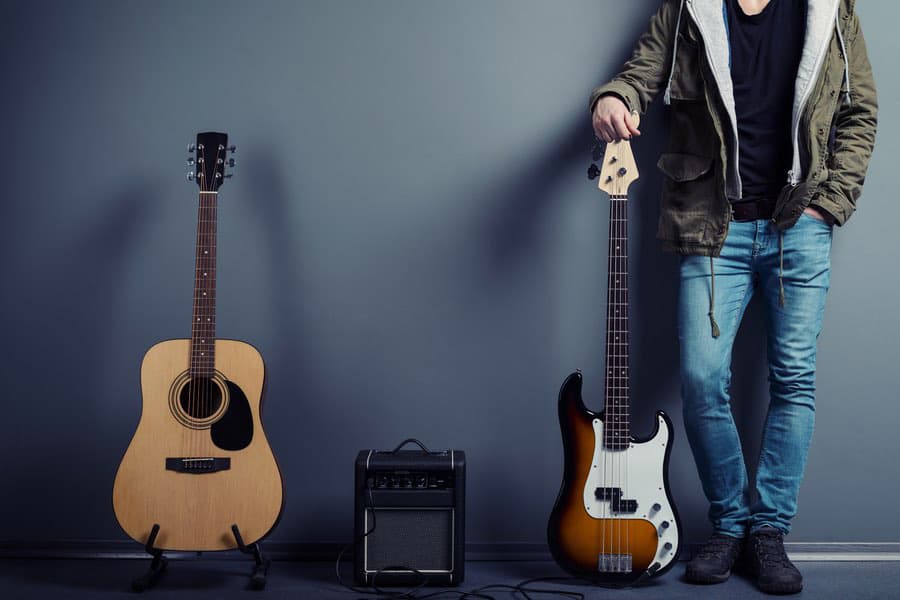Become a guitar soloist by learning these phrases
Our soloing phrases are made up of solos. The music in these segments is short. The solo will be divided into phases which you must master before moving on to the next. See how the notes relate to one another. Analyze the pattern of notes played and the way they are played.
Master one phrase at a time, then add more phrases until you can play the complete solo. The solo is built up of phrases. The first block is completed, and then another block is added until the solo is finished. There is no restriction on the length of a phrase. You will learn most short solos with short phrases.
Put the brakes on
Ensure that you can play it slowly before playing the solo fast. Trying to play too quickly at once will trip your fingers up, and you will make mistakes. A slow pace would be best for the solo. There will be a difference in the sound, but you’ll still be able to master the notes.
As you master playing the solo at a slow speed, use a metronome so that you can speed it up until it is playable at speed on record. You’ll have to practice a lot to become good at this. Improve your guitar speed by practicing the solo often. Slowing down is one of the best ways to learn a solo effectively because you have to walk before you can run.


